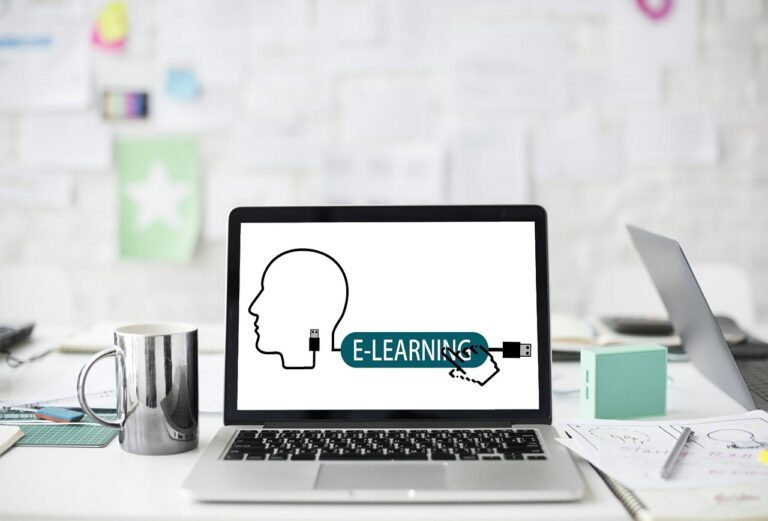Supporting Childrens Social Skills Through Cooperative Play and Peer Collaboration: All pannel.com, Laser247.com, Betbook247
all pannel.com, laser247.com, betbook247: Children’s social skills play a crucial role in their overall development. It is essential for children to learn how to interact with others, communicate effectively, and collaborate with their peers. One way to support children’s social skills is through cooperative play and peer collaboration. By engaging in activities that promote teamwork and communication, children can enhance their social skills and build positive relationships with others.
Cooperative play involves children working together towards a common goal. This type of play encourages children to communicate, problem-solve, and share with one another. Through cooperative play, children learn how to take turns, compromise, and resolve conflicts peacefully. This type of play also fosters empathy and helps children develop a sense of community and belonging.
Peer collaboration is another effective way to support children’s social skills. By working on projects or activities with their peers, children learn how to communicate effectively, listen to others’ ideas, and offer help and support when needed. Peer collaboration promotes teamwork, leadership skills, and problem-solving abilities. It also helps children build trust and mutual respect with their peers.
When children engage in cooperative play and peer collaboration, they are able to practice important social skills in a safe and supportive environment. These activities allow children to learn from one another, make mistakes, and grow together. By providing opportunities for children to engage in these types of play, parents and educators can help nurture and strengthen their social skills.
Here are some tips for supporting children’s social skills through cooperative play and peer collaboration:
1. Encourage group activities: Provide opportunities for children to work together in groups on projects or games. This will help them learn how to communicate and collaborate with others.
2. Model positive behavior: Children learn by example, so be sure to demonstrate good communication, cooperation, and problem-solving skills when interacting with others.
3. Foster a supportive environment: Create a safe and inclusive space where children feel comfortable expressing themselves and taking risks in their interactions with others.
4. Teach conflict resolution strategies: Help children learn how to resolve conflicts peacefully by teaching them effective communication, negotiation, and problem-solving techniques.
5. Provide opportunities for leadership: Encourage children to take on leadership roles within their peer groups, allowing them to practice skills such as decision-making, delegation, and team coordination.
6. Celebrate successes: Acknowledge and praise children for their efforts and achievements in working together with their peers. This will motivate them to continue practicing their social skills.
By supporting children’s social skills through cooperative play and peer collaboration, parents and educators can help children develop important life skills that will benefit them in their relationships and interactions with others. These activities provide valuable learning experiences that can shape children’s social development and help them become confident, empathetic, and socially competent individuals.
FAQs:
Q: What age group is most suitable for cooperative play and peer collaboration activities?
A: Cooperative play and peer collaboration activities can benefit children of all ages, from preschoolers to teenagers. The key is to provide developmentally appropriate activities that match the children’s abilities and interests.
Q: How can parents and educators encourage shy or reluctant children to participate in cooperative play?
A: Parents and educators can help shy or reluctant children feel more comfortable by providing support, encouragement, and positive reinforcement. They can also pair them up with more outgoing or experienced peers to help build their confidence.
Q: What are some examples of cooperative play activities?
A: Examples of cooperative play activities include building a puzzle together, working on a group art project, playing team sports, creating a play or skit, or brainstorming ideas for a class project. These activities promote teamwork, communication, and collaboration among children.
Q: How can parents and educators address conflicts that arise during cooperative play?
A: Parents and educators can teach children conflict resolution skills, such as active listening, compromise, and problem-solving. They can also encourage children to communicate openly, express their feelings, and find mutually acceptable solutions to conflicts.







